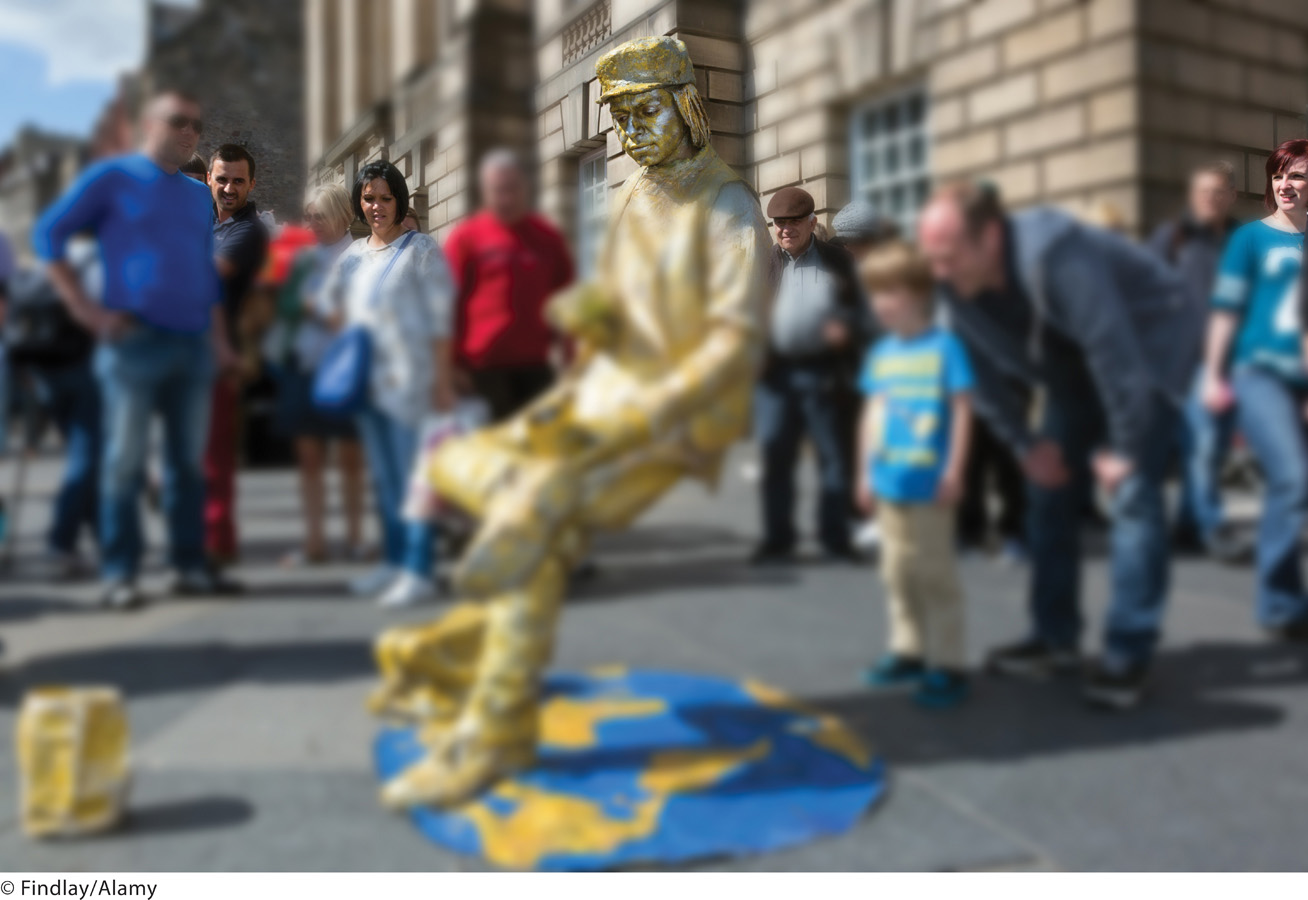115 Personality
Personality
.............

 Introduction to Personality and Psychodynamic Theories
Introduction to Personality and Psychodynamic Theories
 Humanistic Theories and Trait Theories
Humanistic Theories and Trait Theories
 Social-Cognitive Theories and the Self
Social-Cognitive Theories and the Self
Lady Gaga dazzles millions with her unique musical arrangements, tantalizing outfits, and provocative performance theatrics. In shows around the world, Lady Gaga’s most predictable feature is her unpredictability. She has worn a meat dress to an award show, performed in a plastic bubble dress, and caused President Barack Obama to experience her, in her 16-inch heels, as “a little intimidating.”
Lady Gaga’s fans and critics alike can depend on her openness to new experiences and the energy she gets from the spotlight. But they can also rely on her careful, painstaking dedication to her music and performances. She describes herself in high school as “very dedicated, very studious, and very disciplined.” Now, in adulthood, she shows similar self-discipline: “I’m very detailed—every minute of the show has got to be perfect.”
Lady Gaga exhibits distinctive and enduring ways of thinking, feeling, and behaving. Other modules focus on the ways we all develop, perceive, learn, remember, think, and feel. These modules emphasize what makes us unique—our personality.
Much of this book deals with personality. Across the field, psychologists study biological influences on personality; personality development across the life span; how personality relates to learning, motivation, emotion, and health; social influences on personality; and disorders of personality. These modules focus on personality itself—what it is and how researchers study it.
We begin with two historically important theories of personality: Sigmund Freud’s psychoanalytic theory and the humanistic approach (Module 46 and the first section of Module 47). These laid the foundation for later personality theorists and for what Module 47 and Module 48 explore: newer scientific explorations of personality.
Today’s personality researchers study the basic dimensions of personality, and the interaction of persons and environments. They also study self-esteem, selfserving bias, and cultural influences on our concept of self—that sense of “Who I am.” And they study the unconscious mind—with findings that probably would have surprised even Freud.